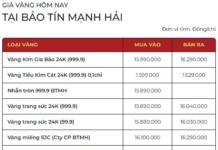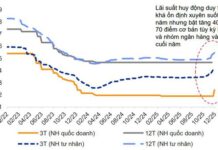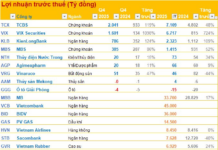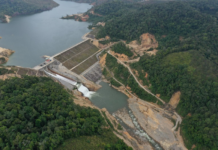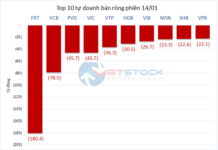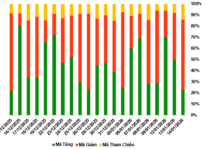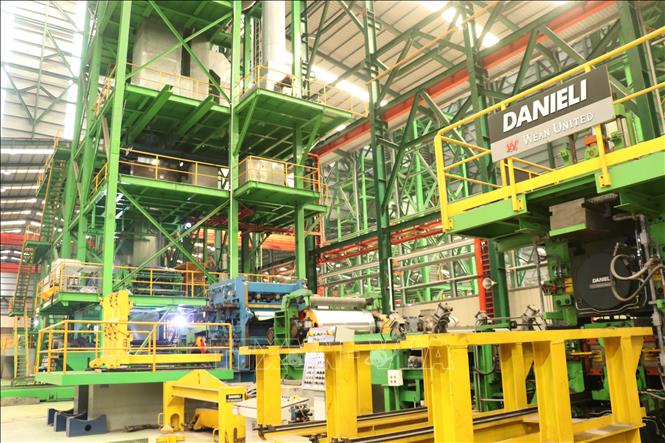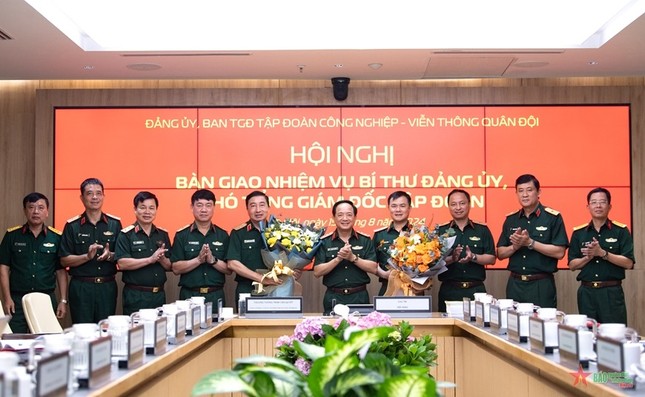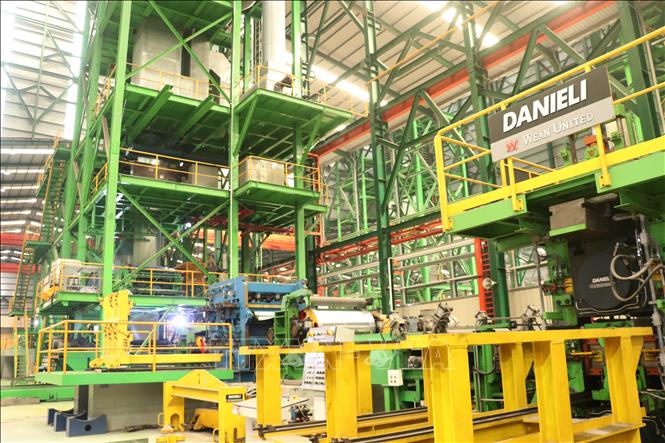
The Ministry of Planning and Investment (MPI) has issued Directive No. 01/CT-BKHDT to implement the Government’s Resolution No.65/NQ-CP on key tasks and solutions for socio-economic recovery and development in 2024.
In the context of ongoing challenges and difficulties, both domestically and internationally, the MPI is committed to realizing its strategic vision and promoting a new mindset for development. This involves translating strategic goals into specific targets, tasks, and breakthrough solutions that align with the evolving circumstances.
Emphasizing institutional reform as a key driver for progress, the MPI is dedicated to effectively implementing new regulations and proactively proposing amendments to address bottlenecks. This includes delegating authority and summarizing the pilot implementation of special mechanisms and policies for localities, transport infrastructure projects, and addressing obstacles faced by businesses and projects in certain areas. The aim is to extend successful policies, ensure timely progress in revising laws on public investment and investment in the form of public-private partnerships, and amend regulations on ODA and preferential foreign capital management. Additionally, the MPI will work towards the formulation of a law on economic and industrial zones, focusing on empowerment and maximizing the initiative of ministries, sectors, and localities.
The MPI will also focus on providing consultations and proposing solutions to remove obstacles for businesses, cooperatives, and household businesses. It will develop mechanisms and policies to support these entities and leverage the presence of existing foreign-invested enterprises through on-the-spot investment promotion. The ministry will explore substantial and feasible policy packages to bolster businesses and drive new growth engines, including in the fields of chips, semiconductors, digital transformation, and green transition.
Furthermore, the MPI aims to accelerate the disbursement of public investment capital, striving to achieve over 95% disbursement of the plan assigned by the Prime Minister for 2024. It will create an enabling environment to attract private investment and FDI. Embracing a new mindset, the MPI will effectively implement approved planning schemes, ensuring their alignment with reality and responsiveness to development demands.
The MPI will prioritize the implementation of planning schemes and focus on developing and submitting, for the Prime Minister’s approval, plans for realizing these schemes. These plans will outline key contents, timelines, and resources required to execute programs and projects within the planning framework, ensuring flexibility and adaptability to real-world conditions.
One of the MPI’s key tasks is to vigorously promote economic restructuring and innovation in the growth model. This entails strengthening the activities of regional coordination councils to implement regional planning schemes, foster regional linkages, and address inter-regional issues to create new growth poles for the country. The ministry will also enhance its capacity for analysis, forecasting, and statistics to better serve the needs of macroeconomic management and provide timely, accurate, objective, comprehensive, and high-quality advisory services.
The Directive also highlights the importance of maximizing the effectiveness of the National Innovation Center and similar centers in regions and localities. These centers play a crucial role in fostering a vibrant ecosystem for innovation and domestic startup development, as well as supporting domestic enterprises in their digital transformation journey.
Additionally, the MPI will focus on establishing and perfecting the legal framework for the establishment and operation of the Investment Support Fund and regional and international financial centers in Vietnam.
According to the Directive, there are 43 key projects and tasks that the MPI needs to implement. The Minister of MPI has instructed the heads of units under the ministry to ensure the timely and high-quality completion of assigned projects and tasks. This includes regularly reviewing and updating the status of tasks, especially those that are overdue or have not been updated in the Document Management and Work Process System.







